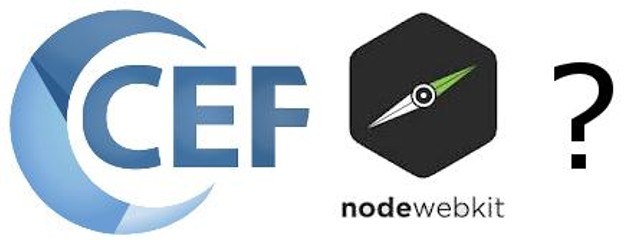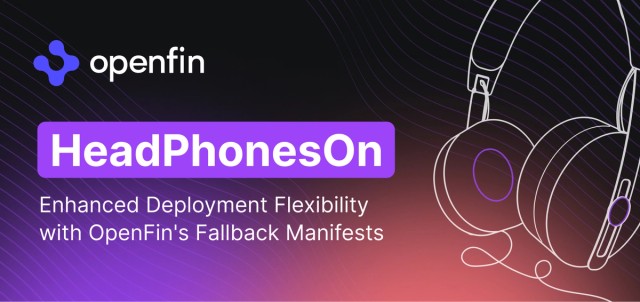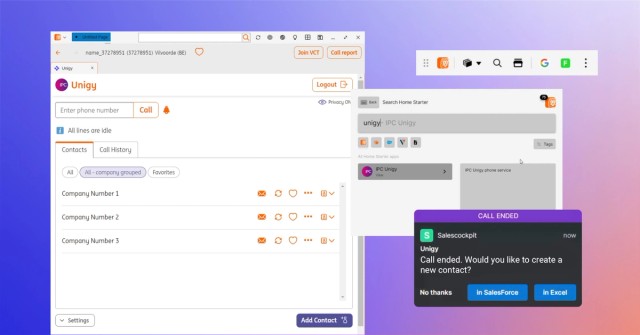August 14, 2014
10 Things CEF and NodeWebkit Don’t Do


Firms often ask us how OpenFin compares to other Chromium-based products including Chromium Embedded Framework (CEF) and NodeWebkit. Here’s what we tell them:
At a high level, OpenFin provides a complete, finance-ready app container while products like CEF and NodeWebkit provide building blocks for those who want to build their own app container.
- CEF: Embed a Chrome window control in an existing app container
- NodeWebkit: Enable Node.js support and provide native UI capabilities
Essentially both products provide you with a great Chromium engine but leave you to do 80-90% of the work to build your own app container. And they’ve made some things much harder.
Both NodeWebkit and CEF integrate with the Chromium code using the Chrome Content API. This API was mainly introduced to make testing easier for those working on different
parts of the Chromium code, but it means that with NodeWebkit and CEF, your developers have to spend time re-implementing key, powerful features that have already been built and well-tested by Google’s engineers!
OpenFin, on the other hand, is built using the Chrome extension system and can leverage all the advanced features available in the full Chrome browser. This was the primary driver for OpenFin tomove away from CEF last year and to work directly with the full Chromium runtime build.
Here is an abbreviated list of OpenFin features not provided by CEF or NodeWebkit:
- Installers for running and auto-updating on locked-down computers
- Multi-process architecture for performance and security
- Client-side message bus to securely share data and context
- Adapters for integration with .NET / C++ / Java / Flash apps
- Window animation, transparency, docking, tear-out and frame-removal
- UI implementations for authentication challenges and SSL certificates
- Group policy manager integration
- API support for memory, processor and cache management
- Self-hosting of Google Platform Apps
- Enterprise support and SLA
The work involved in building these features is not only significant but must then be maintained on an ongoing basis as new versions of Chromium are released by Google (every 6 weeks). The last item, enterprise support, is often the biggest concern for any bank or financial services provider. When there are problems, there is no one to call. For mission critical systems, that is a deal-breaker.
For more information, please contact us at info@openfin.co
Enjoyed this post? Share it!
Related Posts
All Posts ->
Featured
Enhanced Deployment Flexibility with OpenFin's Fallback Manifests
Thought Leadership

Featured
ING Integrates OpenFin for Salesforce to Optimize Workflows
Thought Leadership